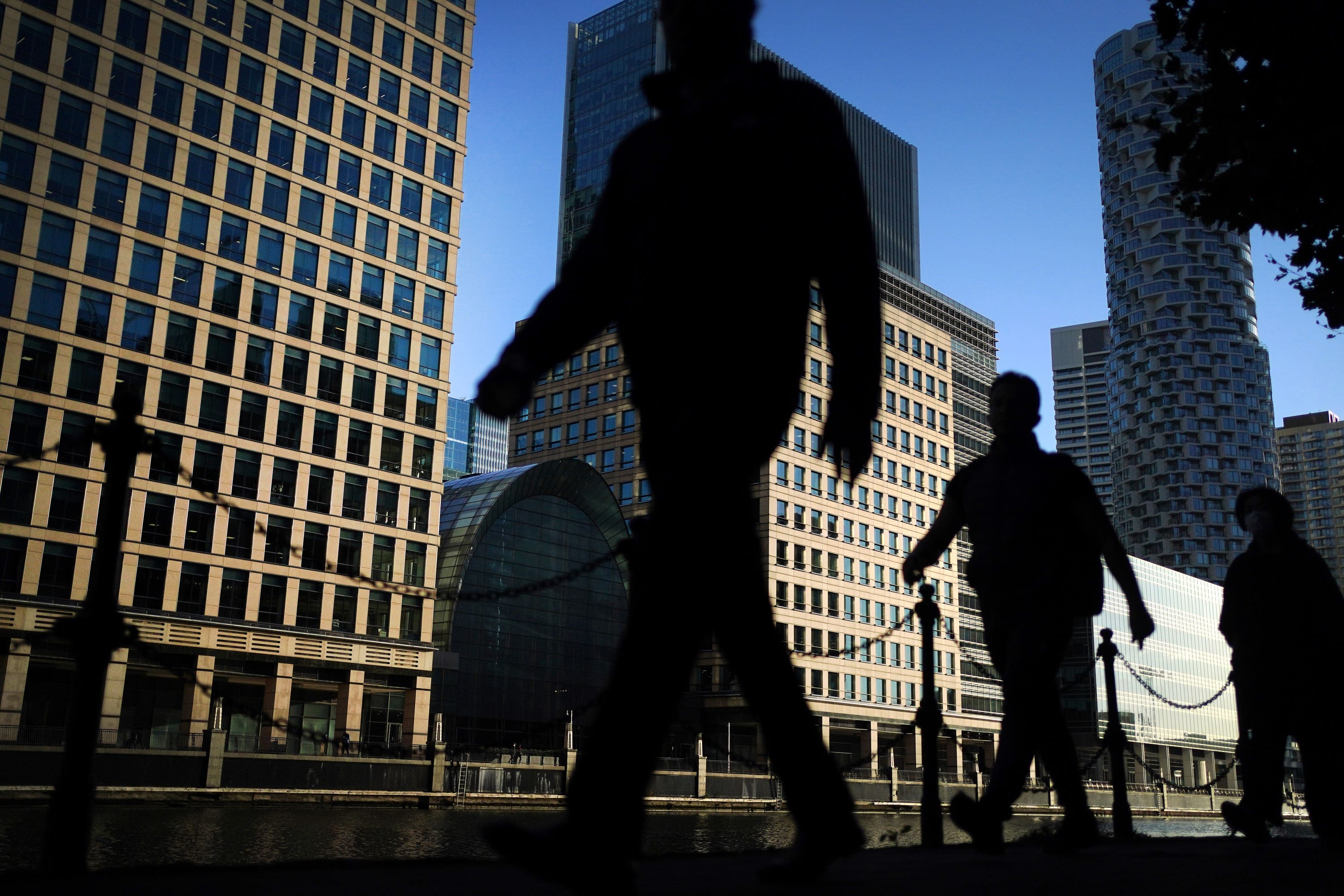Business progress on sustainability slowed amid inflation and conflicts – report
A survey of more than 500 chief sustainability officers or equivalents found companies extending climate goal targets.

Your support helps us to tell the story
From reproductive rights to climate change to Big Tech, The Independent is on the ground when the story is developing. Whether it's investigating the financials of Elon Musk's pro-Trump PAC or producing our latest documentary, 'The A Word', which shines a light on the American women fighting for reproductive rights, we know how important it is to parse out the facts from the messaging.
At such a critical moment in US history, we need reporters on the ground. Your donation allows us to keep sending journalists to speak to both sides of the story.
The Independent is trusted by Americans across the entire political spectrum. And unlike many other quality news outlets, we choose not to lock Americans out of our reporting and analysis with paywalls. We believe quality journalism should be available to everyone, paid for by those who can afford it.
Your support makes all the difference.Sustainability progress from businesses around the world has slowed this year amid inflation and geopolitical turbulence, according to a study.
Financial services giant EY surveyed more than 500 chief sustainability officers (CSOs) or equivalents, representing companies with revenues of more than one billion dollars (£800 million).
The researchers found a decline in progress on greenhouse gas emissions reductions to a median of 20%, compared with 30% in 2022.
Meanwhile, many firms surveyed said they are extending their target deadlines for achieving their climate goals, with the median year shifting from 2036 to 2050.
CSOs need to articulate a clear vision and effectively showcase the competitive advantage and financial value that can be derived from delivering on an ambitious sustainability strategy
Only 34% said they are planning to spend more to address climate change, down from 61% in 2022, with the study suggesting that rising inflation and geopolitical turbulence is impacting businesses’ ability to accelerate sustainability efforts.
The study also found that the number of actions organisations are taking in relation to climate change has fallen from an average of 10 in 2022 to just four this year, out of a possible 32 benchmarked in the survey.
However, it also highlighted that delivering on sustainability initiatives has had significant financial benefits, with 52% of respondents experiencing financial value exceeding their expectations and 63% witnessing better than expected improvements in product and brand value.
Elsewhere, it found that fewer organisations are leading the charge on climate action, with only 7% of those surveyed qualifying as “pacesetters”, compared with 32% in 2022.
Meanwhile, the survey suggests that external market demand for climate action remains with more than half of sustainability leaders saying that investors (58%) and customers (51%) are accelerators.
Amy Brachio, EY global vice chair of sustainability, said: “Amidst the backdrop of unprecedented geopolitical tensions, sustainability leaders are facing clear challenges with resource allocation, but we cannot afford collective efforts to slow when the stakes are so high.
It’s vital that progress is not compromised as we wait for the right time, data or price
“While short-term pressures persist, CSOs in all sectors need to be doubling down on driving long-term investment and movement on their sustainability commitments and adopt the meticulous planning required to achieve our net zero goals.
“To do this, CSOs need to articulate a clear vision and effectively showcase the competitive advantage and financial value that can be derived from delivering on an ambitious sustainability strategy.”
Matt Bell, EY climate change and sustainability services leader, said: “CSOs are facing an inflection point.
“Most have made climate commitments and are now under pressure to meet them. So, it’s unsurprising that focus has moved from public declarations to implementation and delivery.
“We are entering a period where deep decarbonisation gains are linked to large scale, cross sector, investment, data and transformation.
“It requires organisations to support the CSO or sustainability team to deliver the action they can take now for the long term. It’s vital that progress is not compromised as we wait for the right time, data or price.”